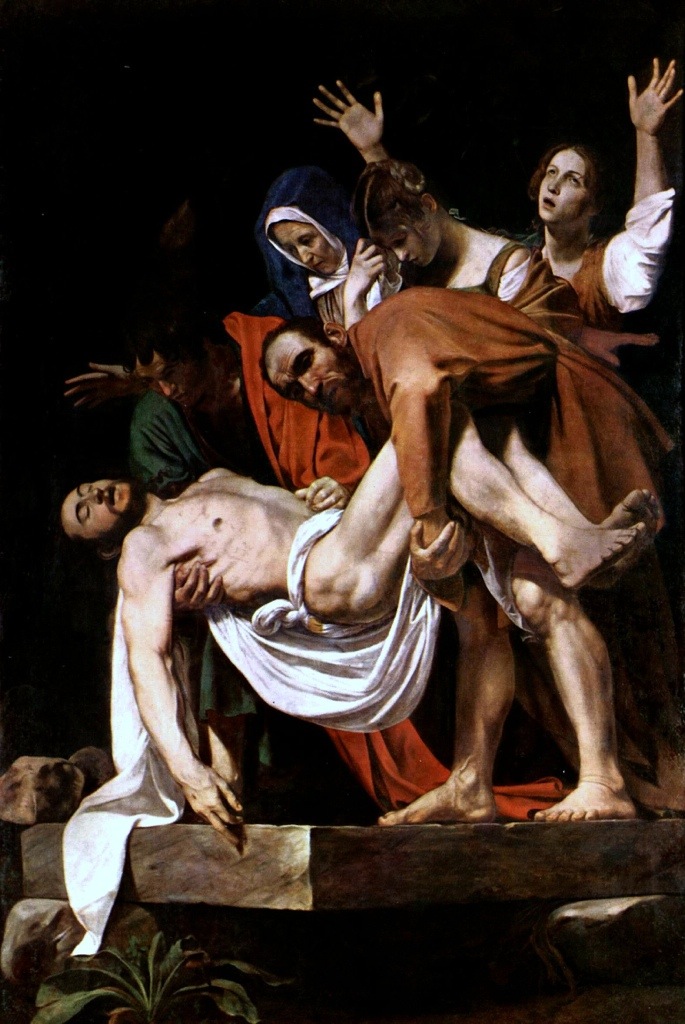
Category: New Testament
-
Whatever is Right
Read More: Whatever is RightPaul tells us to think about things that are right (Phil 4:8). What is right? There is right and there is wrong. As Christians, we believe in a divine Creator who is also the moral standard for the universe. Without a moral standard, how can we know right and wrong in the first place? Does…
-
Finally!
Read More: Finally!Lots of young people are graduating from something right now. I remember my final month of high school – it was the longest month of my life. It seemed that the teachers were just trying to fill time and space when all of us seniors had already checked out and preparing for college or whatever…
-

The Death of Jesus
Read More: The Death of JesusAccording to the Gospel of John, Jesus died before the other two men crucified next to him (John 19:33). John explains that the Jews did not want Jesus’ body hanging on the cross during the special Sabbath, which was the day following the crucifixion. So Pilate gave special permission for the bodies of the three…
Search
Popular Posts
-
“Holy Fools”: Exploring the Journey of Calling for Christian Variety Performers
I am happy to announce that my PhD dissertation has been published to ProQuest, an academic database for published research. I have made the dissertation open source, which means anyone anywhere can access the full content free of charge. Here is the full dissertation: https://www.proquest.com/dissertations-theses/holy-fools-exploring-journey-calling-christian/docview/2622316783/se-2 Please share far and wide. I am very much excited…
-
The Easiest Large Group Game Ever
This is probably the easiest large group game ever invented. If you can think of an easier one, please let me know in the comments. Heads or Tails! This game of heads or tails involves EVERYONE in your large group. It is actually better the larger the group gets. There is an elimination factor to…
-
Book Release! Incredibly Bad Dad Jokes
I have been writing down my original Dad jokes for several years now, but recently they dramatically increased. While the past five months of my life have been the toughest for me as a Dad (with Annie’s medical crisis), the Dad jokes actually came out in full force during this season. You see, in my…
-
A Children’s Ministry Poem
From the mouths of children come questions galore about heaven and angels and Satan and more. They speak what their hearts say without holding back, so the wonder of God is something they never lack. Oh God, who are you? Who inspires the minds of little ones many, so that they may find this Jesus…
-
Joyner Family Christmas 2024 Update
Merry Christmas from the Joyners! Here’s a little bit of our life this past year. We hope and pray the Lord’s peace and blessing over you this Advent season. D – Our little guy is now 5 years old! This year he played Tee Ball in the Spring and started soccer this past Fall when…


